The exhibition not only testified to the dramatic history of the Baltic States in the 20th century, from the Soviet occupation to the restoration of independence, but also sent a message to today’s world: freedom comes at a price, and the lessons of history must be heard. The exhibition’s historical documents, photographs, archive footage and symbols of resistance shed light on the Baltic peoples’ quest for freedom – from partisan struggles to diplomatic determination not to be forgotten.
According to Ambassador Rytis Paulauskas, Lithuania’s Permanent Representative to the United Nations, as early as February this year, there was already a feeling in the diplomatic space that the political field was becoming increasingly heated, that tensions were building up, and that historical truth was being jeopardised.
“As we approached the 80th anniversary of the end of the Second World War, we sensed that the political climate was becoming increasingly complex. It is our duty to recall how this war ended for us. That is how the idea of this exhibition came about,” said Mr Paulauskas.
The United Nations, whose existence began with the promise of “Never Again”, has become the place where we must be reminded again and again why history repeats itself. It is no coincidence that this exhibition has been installed in one of the busiest areas of the United Nations headquarters – where hundreds of diplomats, decision-makers and guests pass by every day.
The Baltic diplomats wanted to send a clear message: the lessons of history are still relevant. When the sanctity of borders is once again called into question and historical truth is distorted, it is necessary to remind people that freedom is not a gift. It is won, defended and often dearly paid for.
“As always, we must be united”, say the Ambassadors of the three Baltic States
The words of the Ambassadors of the three Baltic States at the opening of the exhibition were a reminder that the war did not end for the Baltic States in 1945.
“For us, the shadow war continued for almost 50 years… The Baltic countries were cut off from the free world,” said Estonian Ambassador Rein Tammsaar.
“For the world, the war is over. For us, another occupation has begun. Our diplomatic representatives still existed. But we did not come to the table – not because we did not want to, but because we were prevented from doing so”.
However, the United Nations never removed them. It preserved legal continuity and gave hope that one day the door would open again,” said Latvia’s Ambassador Sanita Pavļuta-Deslandes.
Lithuanian Ambassador Rytis Paulauskas recalled that on the 80th anniversary of the end of the Second World War, it is important not only to honour the victims, but also to recall the painful lessons of history.
“The Soviet Union, which signed the Molotov-Ribbentrop Pact and its secret protocols with Nazi Germany, was directly responsible for the outbreak of World War II and the occupation of the Baltic States. For Estonia, Latvia and Lithuania, the occupation only ended in 1990, when independence was restored and Soviet troops left their territories,” said Mr Paulauskas.
“Today, we remember with gratitude the sacrifice of our freedom fighters and their efforts to restore an independent, democratic state. The ideal of returning to the international community, of becoming a member of the United Nations, and of being guided by the Universal Declaration of Human Rights has already been realised,” he said.
The organisers also sought to draw attention to the importance of international law in a world where its violations are once again threatening peace.
“When countries violate international law, it can lead to conflicts and wars, which is what we are witnessing right now,” Ambassador Paulauskas stressed, citing Ukraine as an obvious example.
Lithuanian partisans’ word to the world – Declaration of 16 February 1949
One of the most significant exhibits of the exhibition – the Declaration of 16 February 1949. Declaration of the Council of the Lithuanian Freedom Struggle Movement. Mr Paulauskas described this document, signed in the hiding place of the partisan commanders, as the moral foundation of the state: “It was not only a political act, but also a moral testimony, revealing that even under the most brutal occupation, the idea of freedom remains – the idea of determination, duty, and hope.
Standing in front of the Declaration, the Ambassador shared one of the most memorable messages of the event: “This Declaration was signed by ordinary people – teachers, farmers, priests, students – without an army, without international recognition. They invoked the Atlantic Charter, the Truman Plan and the Universal Declaration of Human Rights to call on the world to support their quest for freedom. They dreamt that Lithuania would one day be a member of the UN.”
The Ambassador recalled how much effort it took to create this text: ‘Imagine – 1949, a cold bunker, a secret meeting. None of the signatories had ever been to the United Nations. It took them a month and a half – seven or eight leaders – to meet secretly in a hideout, where they spent dozens of hours discussing, arguing and refining the content of this declaration.”
“But we have it. And it is because of it that we stand here today – free.”
The politics of non-recognition – the US and Western response
An important theme of the exhibition is the Western world’s response to Soviet annexation. The statement issued by US Secretary of State Sumner Welles on 23 July 1940 provided the basis for the US policy of non-recognition. This principle stated that no country had the right to seize by force the territory of another independent country:
“The people of the United States of America oppose aggressive policies, whether by force or by threat. No intervention by any government, even the most powerful, can abrogate the right of a people to be free.”
This principle allowed the Baltic diplomatic missions to survive throughout the years of occupation. The Estonian Consulate in New York, the Lithuanian Embassy in Washington, the Latvian Mission in London – they became symbols of the legal continuity of statehood. The US and many other countries never recognised the incorporation of the Baltic States into the Soviet Union.
The exhibition also reflected not only the resistance actions in the forests, but also the contribution of the Lithuanian, Latvian and Estonian diaspora in the West. Estonian Ambassador Rein Tammsaar noted,
“Throughout the 50 years of occupation, our community here in New York has marched year after year, gathering signatures and not letting the truth be silenced.”
The Baltic Way – a promise of freedom joined hands
The Baltic Way, a unique and unprecedented gesture of peaceful resistance in the world, also receives special attention. On 23 August 1989, on the 50th anniversary of the Molotov-Ribbentrop Pact, some two million people lined up in a 600-kilometre-long living chain from Vilnius through Riga to Tallinn. This symbolic action was not only an expression of the desire for freedom, but also a demonstration of peaceful, conscious political will.
“I was there. It marked me for life,” shared Latvian Ambassador Sanita Pavļuta-Deslandes. “It’s not just a symbol – it’s a mindset. Freedom is a commitment,” added Ambassador Paulauskas.
The Baltic Way is presented in the exhibition not as an episode from the past, but as an act of collective courage and solidarity that still inspires the world today. Its spirit reminds us that the freedom of nations is born of unity and determination.
The Ambassadors repeatedly stressed that the lessons of history are still relevant today: “If we lose Ukraine, we lose the values of the United Nations”, warned Mr Paulauskas. “An insufficient response is an invitation to new crimes”, added Mr Tammsaar.
The exhibition was produced in cooperation with the Lithuanian Genocide and Resistance Research Centre, the Latvian Museum of the Occupation and the Estonian Historical Institute.
Diplomats Nijolė Naginytė and Darius Mereckis revealed the behind-the-scenes of the project: “This was our opportunity to tell our story to a world that does not always understand our experience. Historians, curators and designers helped to organise the exhibition, using national and international archives.”
The exhibition also showcases the activities of the diaspora, especially the role of the Lithuanian-American community in disseminating information, defending independence aspirations and cultural diplomacy.
“It was a struggle of values. And today, when the rewriting of history is becoming a weapon, we must speak out,” the organisers stressed.
The exhibition was accompanied by a look to the future: “We hope that this exhibition will serve as a basis for other projects that will explore our history in more depth. Because it’s not just our past – it’s also our future.”



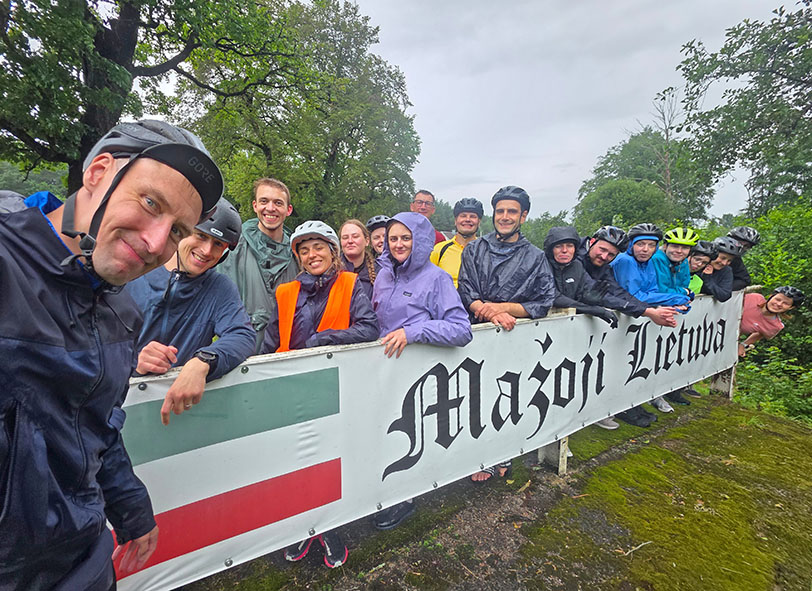
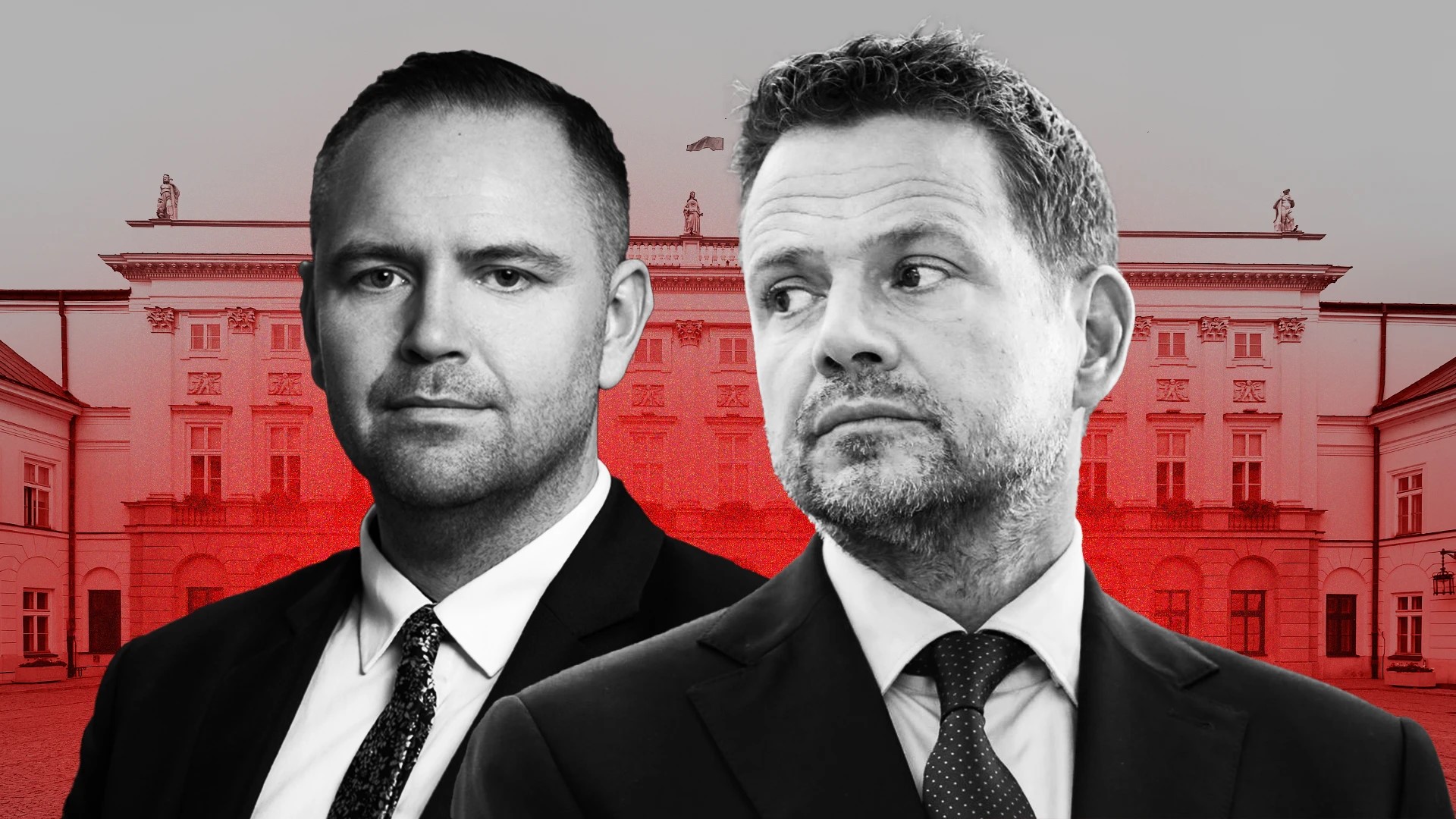

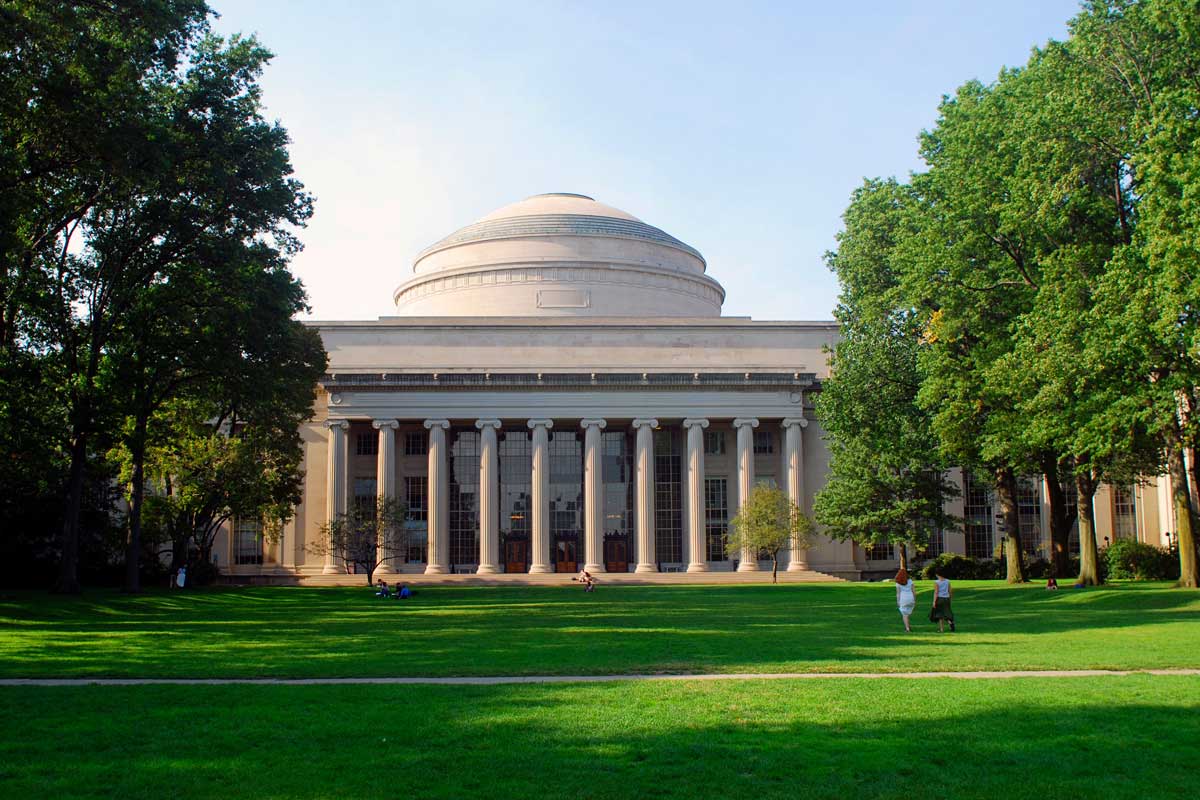
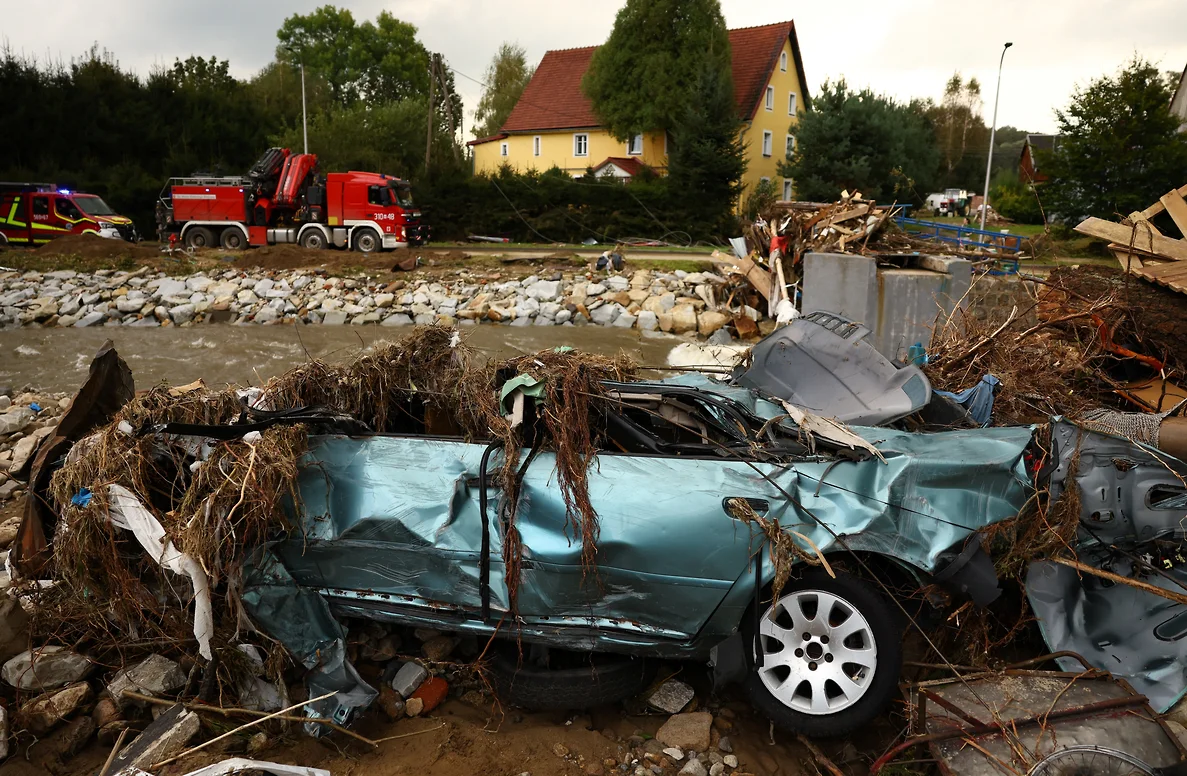
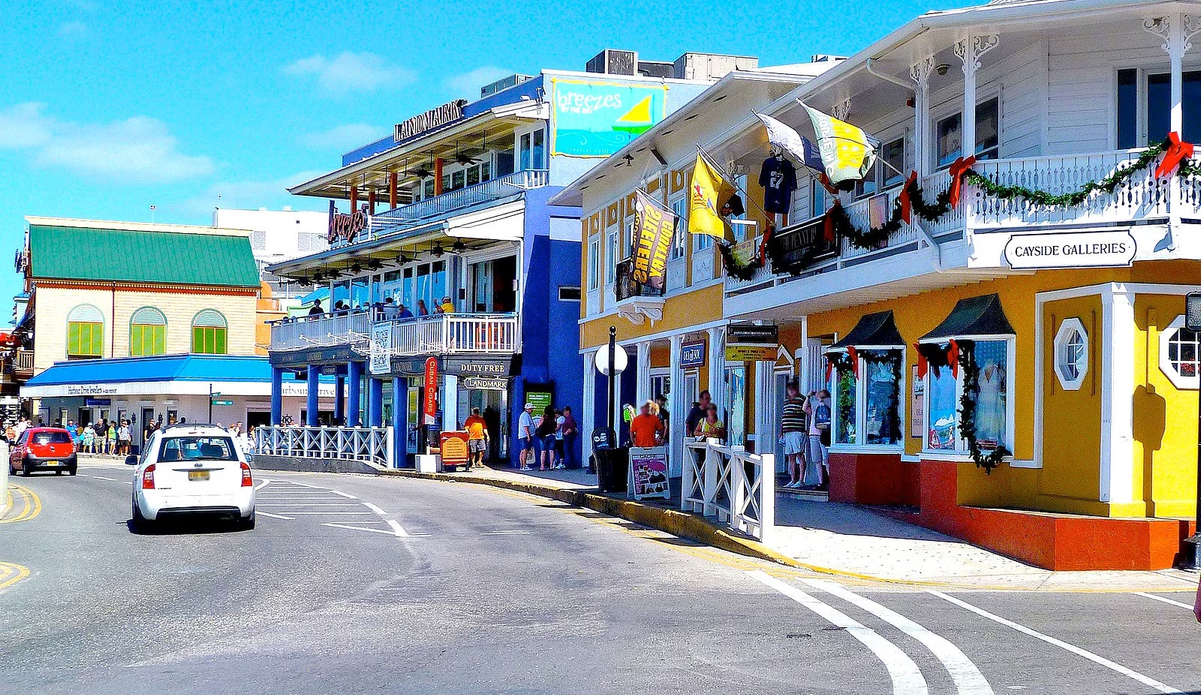
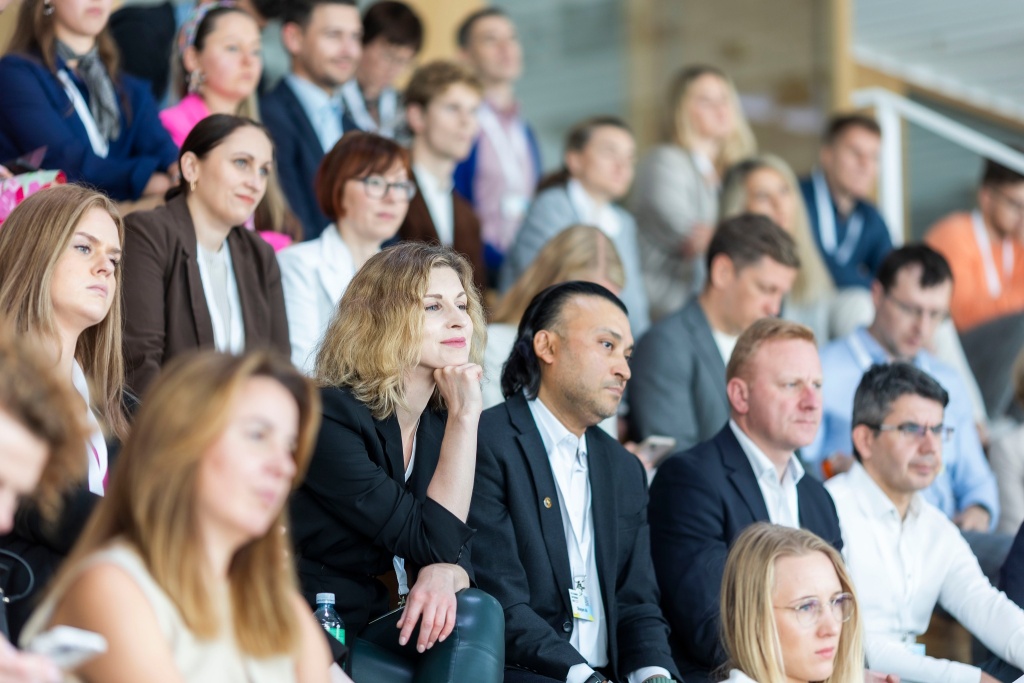
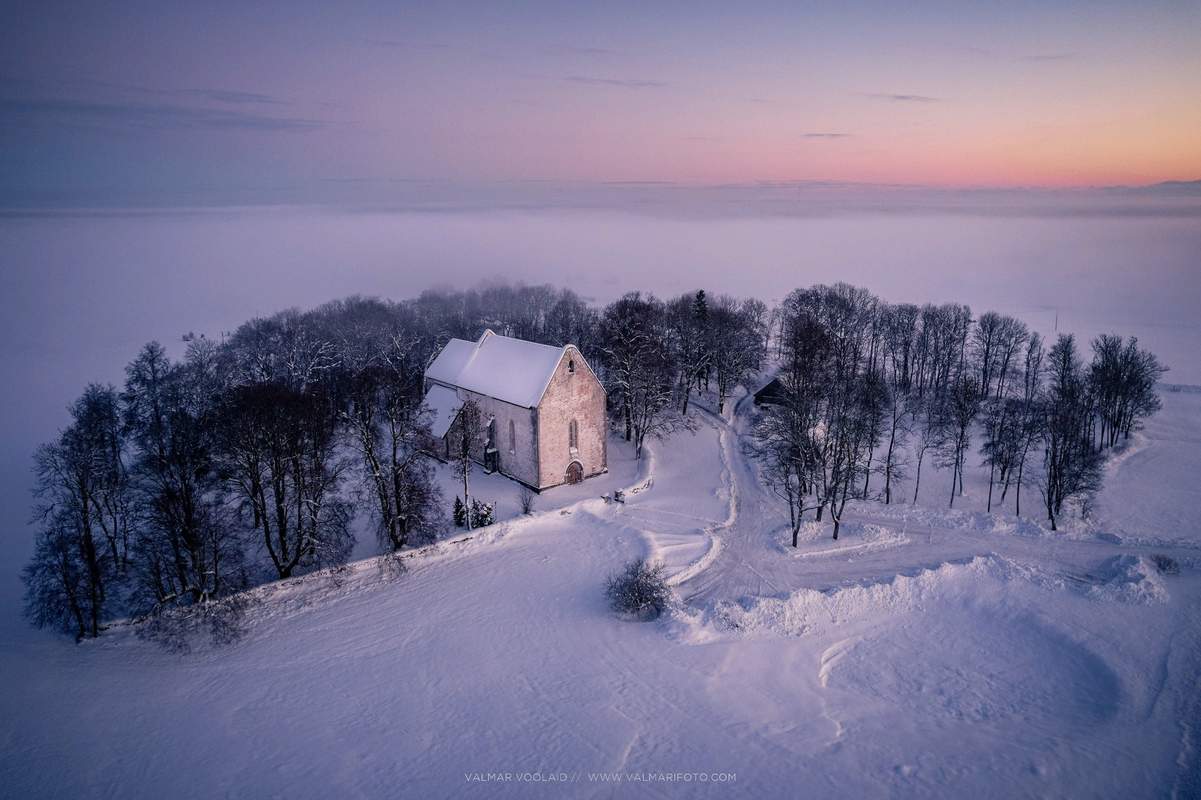
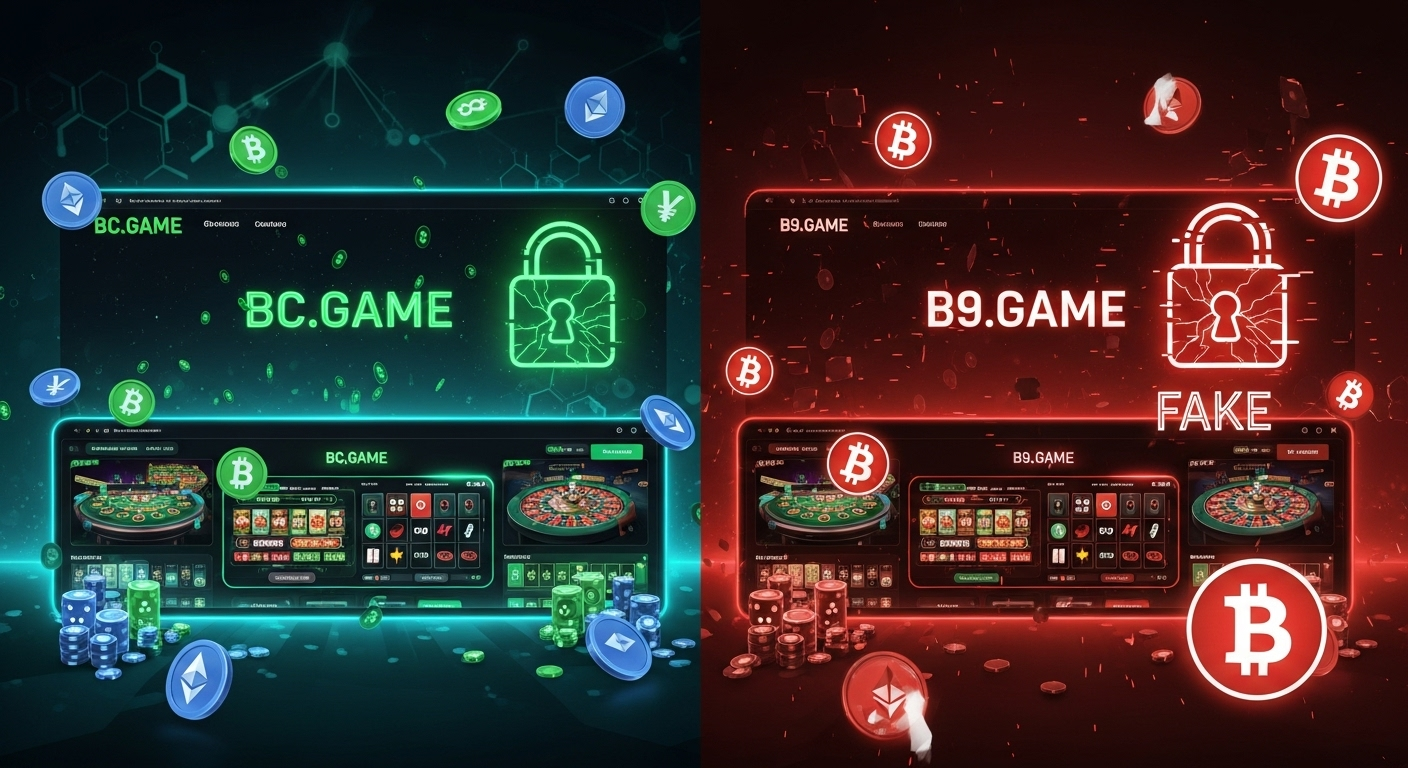

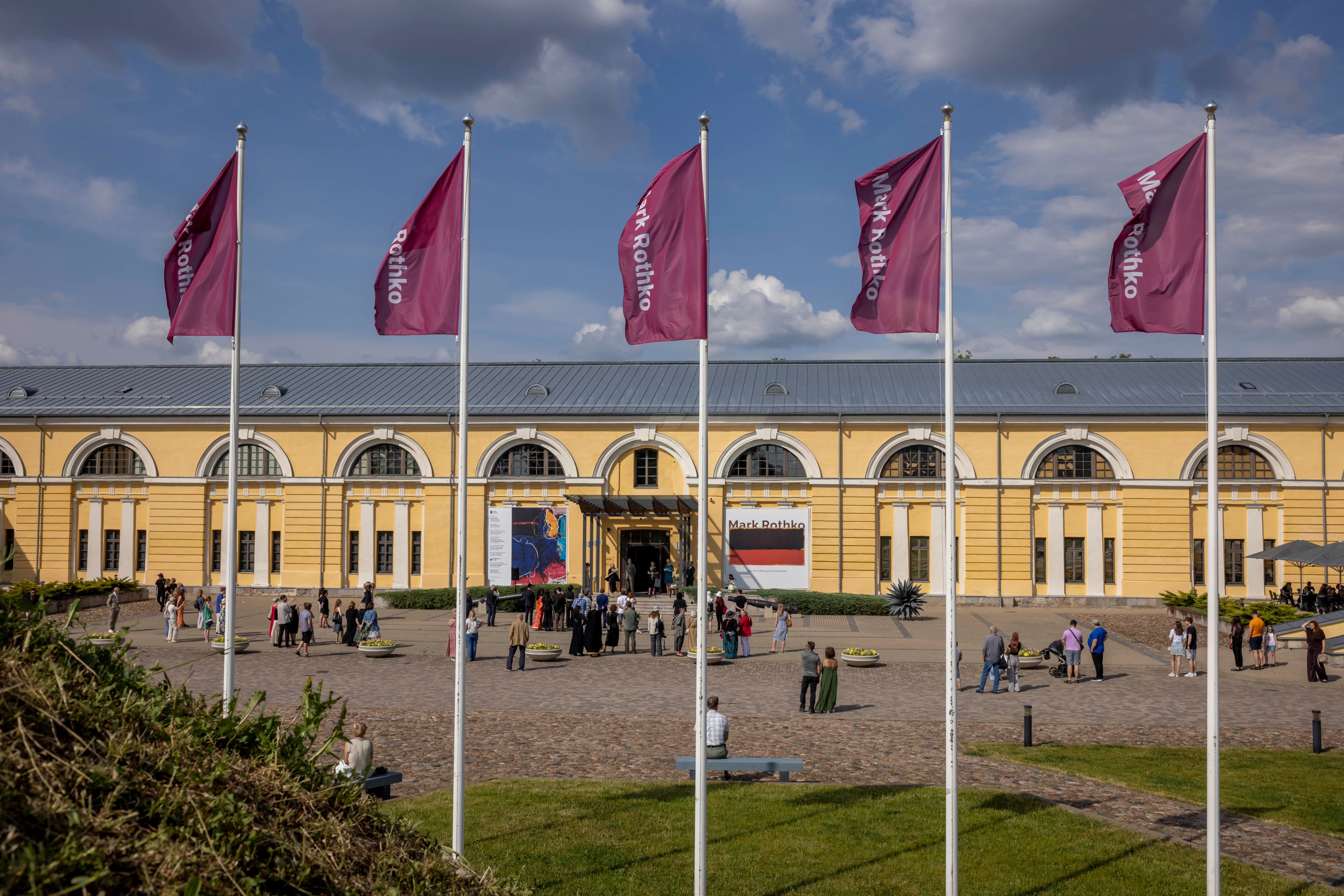




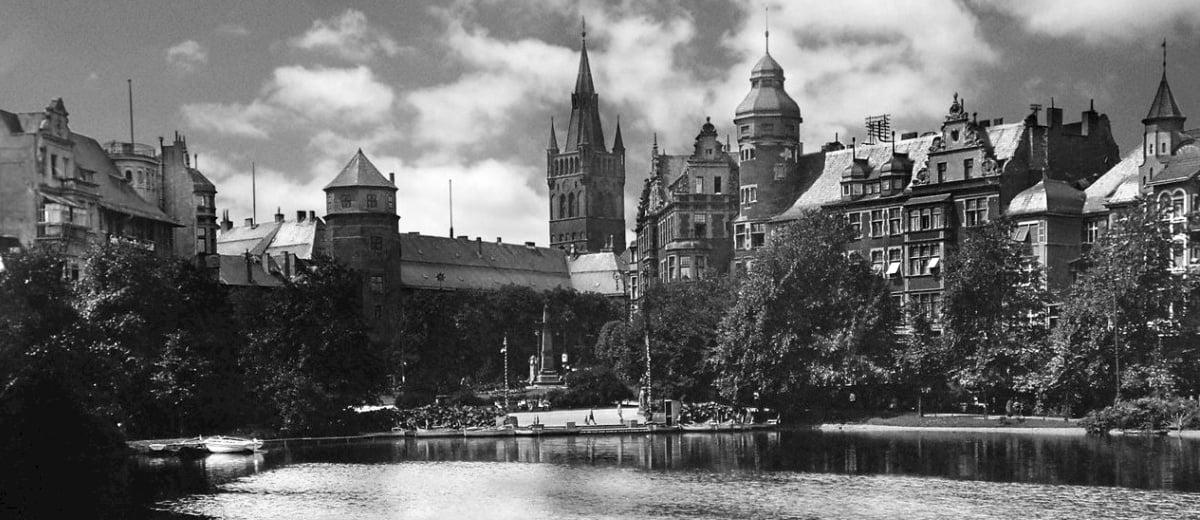

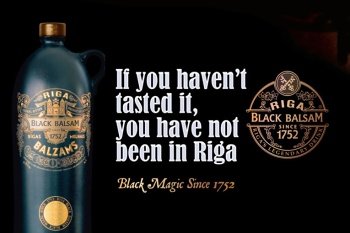
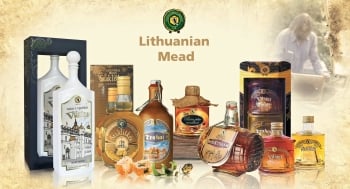
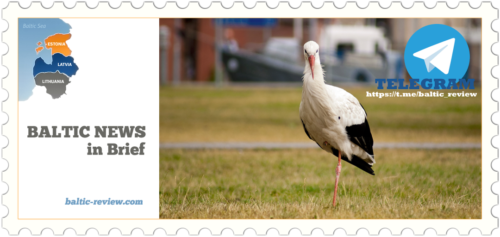


Comments